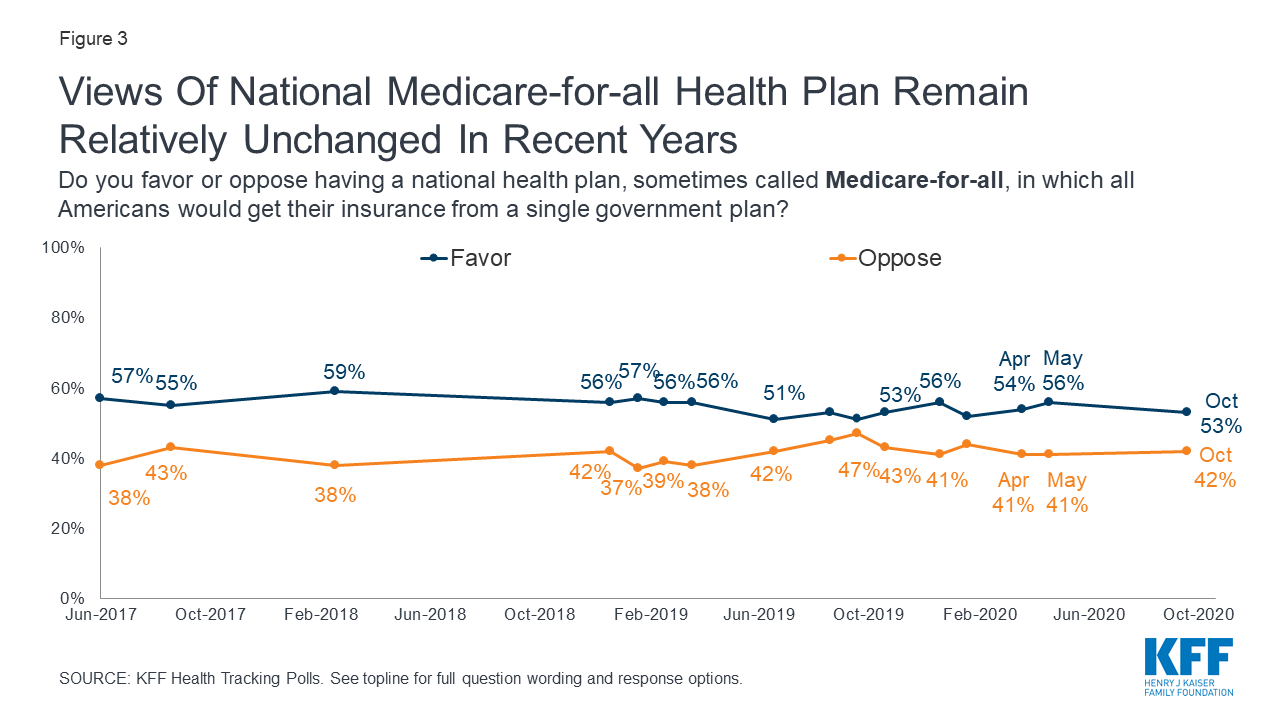From WSJ today:
“The Trump administration is launching a program to offer new ways of paying primary-care doctors, including flat monthly payments to physicians and higher payments for medical practices specializing in the chronically ill, as a way to lessen the costs of Medicare’s usual fee-for-service system.
Seema Verma, the Medicare administrator under President Trump, said the flat-fee method and other payment alternatives could be a path for the
Medicare payment system to achieve better outcomes for patients instead of the current fee-for-service method that creates “perverse incentives to offer more care.”
While the program is voluntary, the administration hopes that as many as one-fourth of all primary-care doctors will participate, Department of Health and Human Services Secretary Alex Azar said at a press conference Monday. The administration hopes that as many as 11 million Medicare beneficiaries also will be involved.
Tricia Neuman, director of the Kaiser Family Foundation’s program on Medicare policy, said the Medicare agency has been working for years to create payment incentives to lessen “unnecessary, high-cost care and reduce Medicare spending.” Whether the new payment models—part of which is set to go into effect next year—can do so, she said, will depend on the details as they evolve.
Adam Boehler, Medicare deputy administrator for innovation and quality, said the new, standard payment option for general-care doctors carries a downside risk of 10%, but an “upside potential of 50%,” based on patients’ risk-adjusted medical outcomes.
So, for example, he said, a doctor making $200,000 now could potentially make $300,000 under the plan if patients stay relatively healthy. The program begins in January of 2020.”
Anyone know if this is good or bad?


